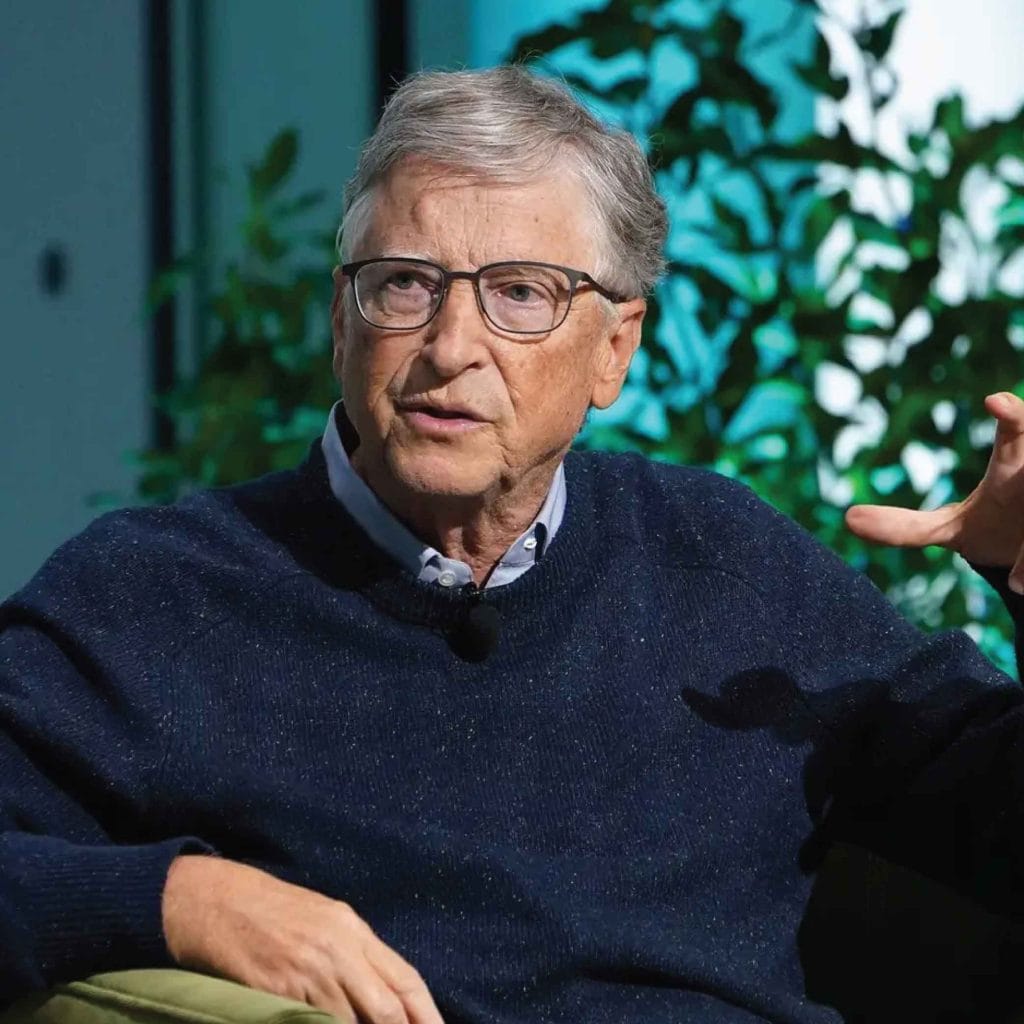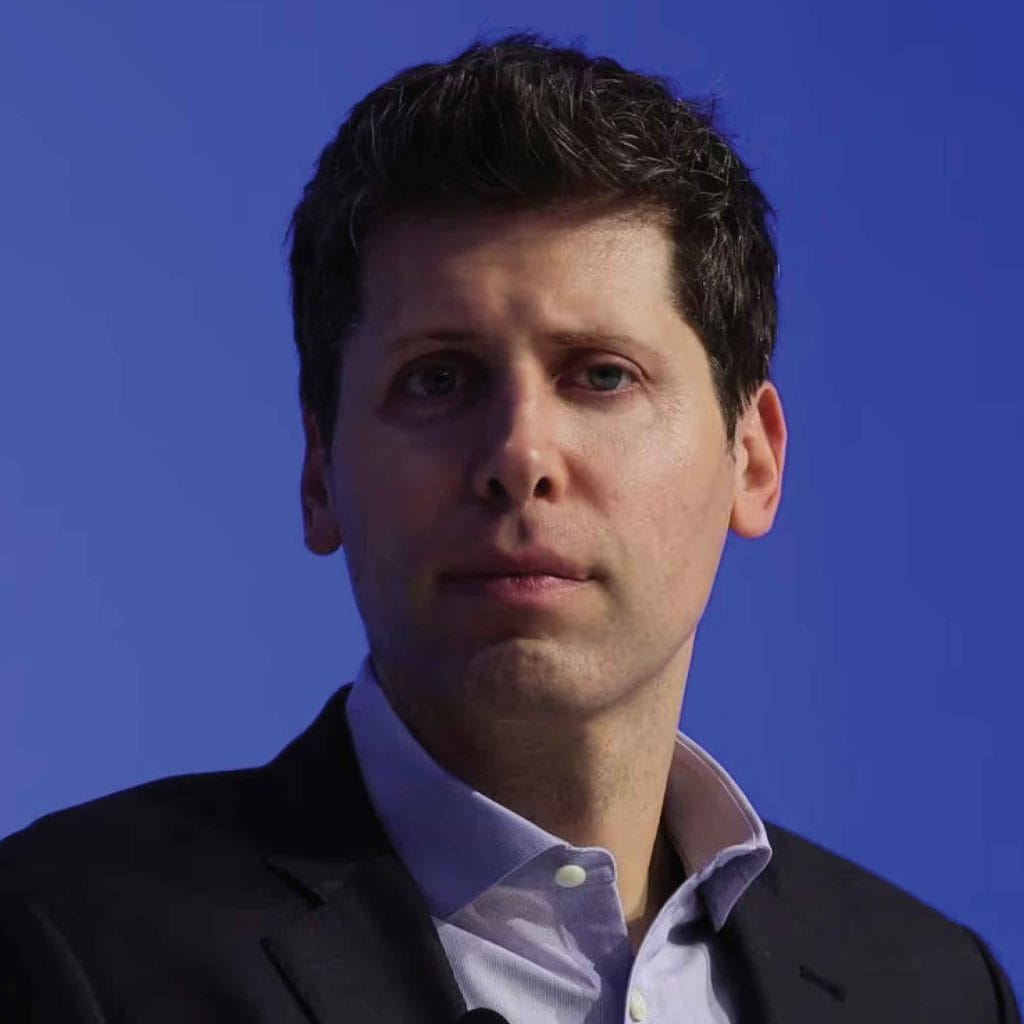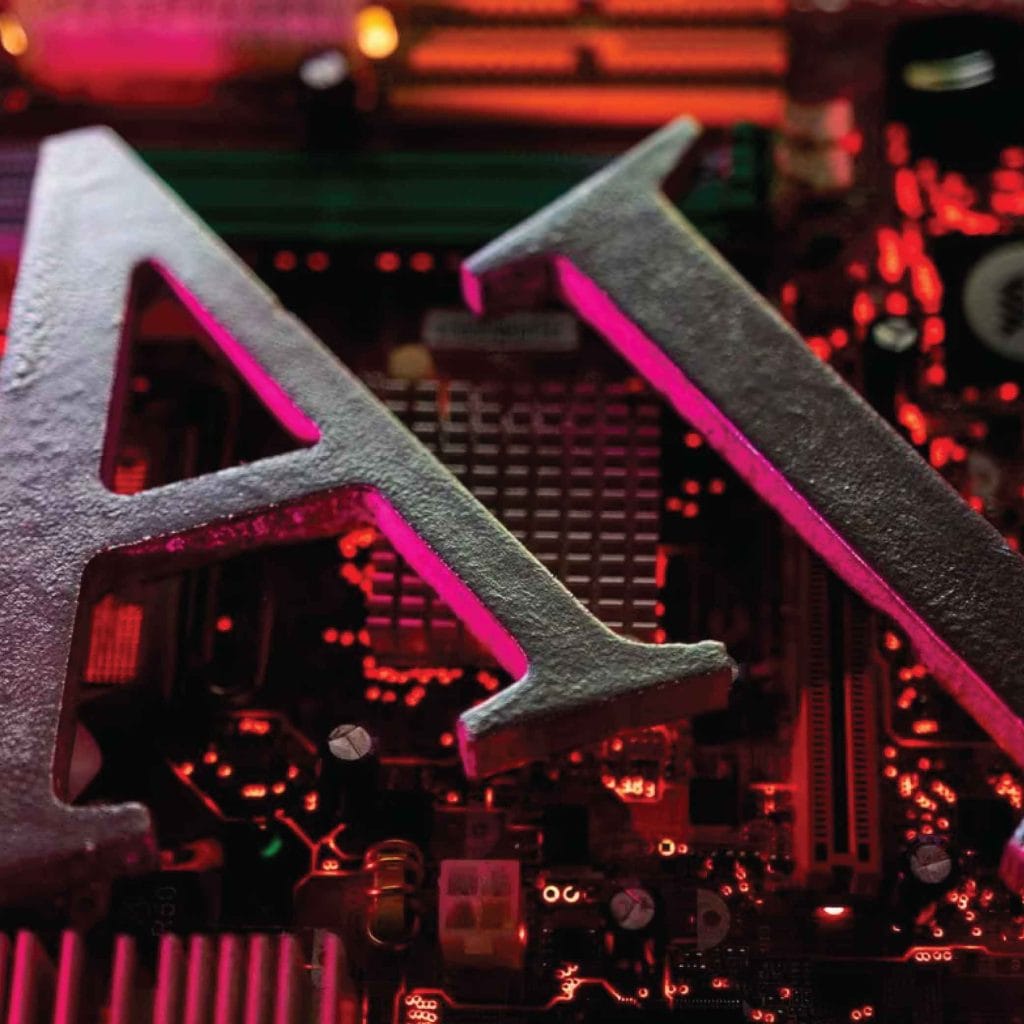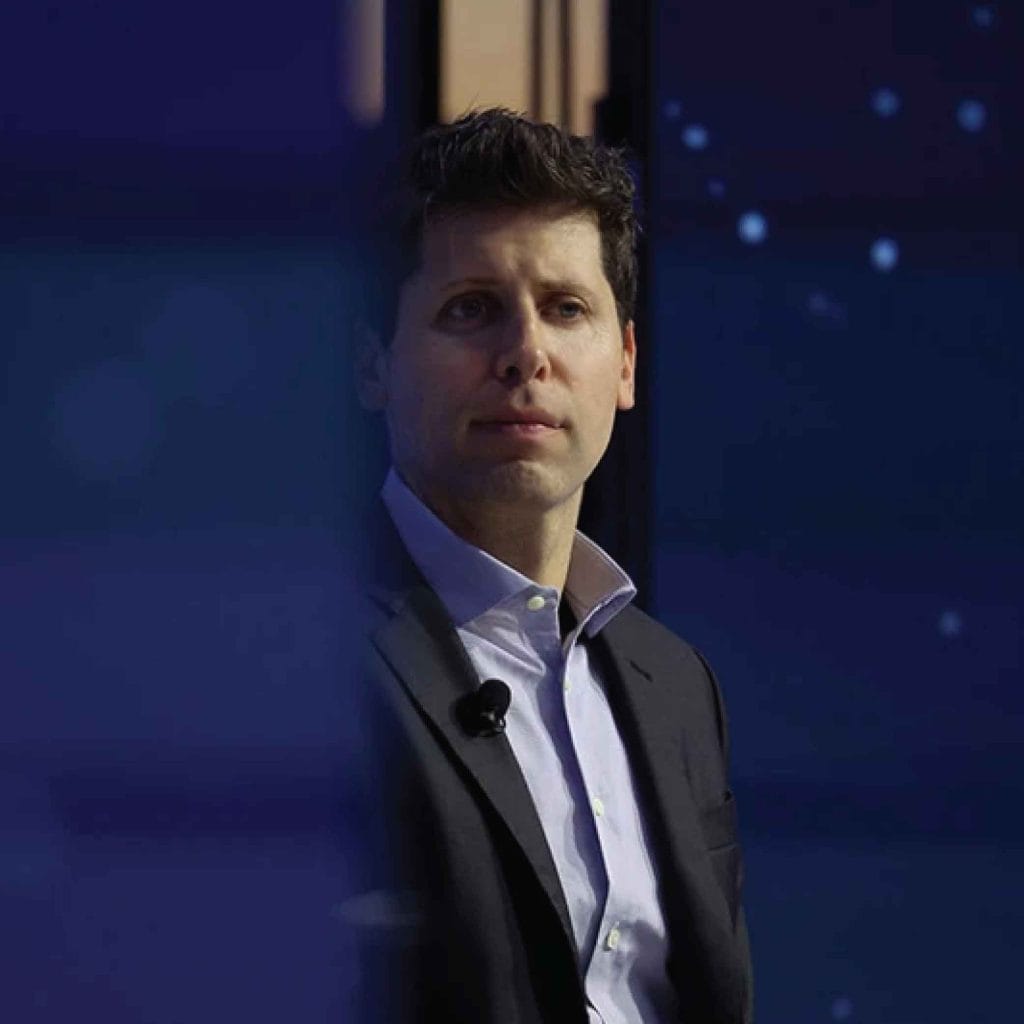This AI newsletter was crafted with the help of AI.
Volume 3
The potential of AI in reshaping sectors such as education and business is becoming increasingly clear. AI agents are set to democratize services in areas such as healthcare, education, productivity, and entertainment1. In education, AI tools like large language models (LLMs) are revolutionizing the learning experience, leading students through problems, stimulating critical thinking, and assisting teachers in planning lessons2. However, it is crucial to ensure that access to these technologies does not exacerbate existing educational inequalities2.
The advancements in AI and automation are also predicted to reshape the future of work. Microsoft co-founder Bill Gates and JPMorgan CEO Jamie Dimon have suggested that a three-day work week could become a reality, as technology could allow humans to work less and have more leisure time3. This concept is not entirely new, with companies already experimenting with a four-day work week and reporting improved work-life balance and efficiency3.
In corporate news, Sam Altman’s return as CEO of OpenAI has sparked significant changes within the organization, impacting employee loyalty and company dynamics4. Altman’s return consolidates his influence over OpenAI’s direction, potentially making the company more profit-focused but also less risk-averse4. This development underscores the importance of leadership stability in AI organizations4.
On the regulatory front, Germany, France, and Italy have reached an agreement on future AI regulation, emphasizing the need for “mandatory self-regulation through codes of conduct” for foundation models of AI5. The joint paper suggests the establishment of an AI governance body to develop guidelines and monitor the application of model cards5. Meanwhile, the recent events at OpenAI have highlighted the concentration of power in a few companies with significant resources, raising concerns that need scrutiny from anti-trust regulators6. Experts argue that existing laws should be enforced to ensure the responsible development and use of AI6.
CITED ARTICLES

In the next five years, software agents powered by artificial intelligence (AI) will revolutionize computing by responding to natural language and accomplishing various tasks based on their understanding of the user’s life, according to Microsoft co-founder Bill Gates. These agents will be proactive, making suggestions before being asked, and will be able to help with activities in healthcare, education, productivity, entertainment, and shopping. Gates believes agents will democratize services that are currently too expensive for most people and will upend the software industry. However, there are still technical challenges to overcome, such as developing a new type of database to capture the nuances of users’ interests and relationships.

Educational psychologist Ronald Beghetto has designed a collection of creativity-focused chatbots that use artificial intelligence (AI) technology to encourage creativity and enhance education. The bots, based on the same technology as ChatGPT, were tested by graduate students and teaching professionals who found them useful in generating more possibilities and broadening their thinking. While there are concerns about the potential for cheating and inaccuracies, some researchers and educators see the potential of AI chatbots as tools to support learning and provide personalized educational experiences.

Bill Gates believes that artificial intelligence (AI) could make a three-day work week possible in the future. He suggests that if machines can produce everything humans need, people may not have to work a five-day week to earn a living wage. Gates has previously acknowledged the risks of AI if it is misused, but believes that its impact will be as big as the introduction of the PC, changing work forever. JPMorgan CEO Jamie Dimon has also predicted a shorter work week due to AI.

OpenAI has announced a new board with Bret Taylor as chair and Sam Altman returning as CEO. Altman’s return comes just days after his ouster, and the reshuffle is expected to strengthen the partnership between OpenAI and Microsoft. The move has raised questions about the future direction of the company and its focus on AI safety and commercialization.

France, Germany, and Italy have agreed on how artificial intelligence (AI) should be regulated, according to a joint paper seen by Reuters. The three governments support “mandatory self-regulation through codes of conduct” for foundation models of AI, but oppose “un-tested norms.” The paper suggests that developers of foundation models should define model cards to provide information about the machine learning model, and an AI governance body could develop guidelines and check the application of model cards. Initially, no sanctions should be imposed, but a system of sanctions could be set up if violations of the code of conduct are identified.

OpenAI is expanding its ChatGPT AI assistant to include voice and image-based capabilities, allowing users to have voice conversations with the chatbot and search for answers using images. The voice feature is powered by a text-to-speech model that can generate human-like voices, while the image search function will be available on all platforms. OpenAI is also partnering with Spotify to offer podcasters the ability to translate their shows into different languages while retaining their original voice. The new features will be rolled out to paying subscribers in the next two weeks.




